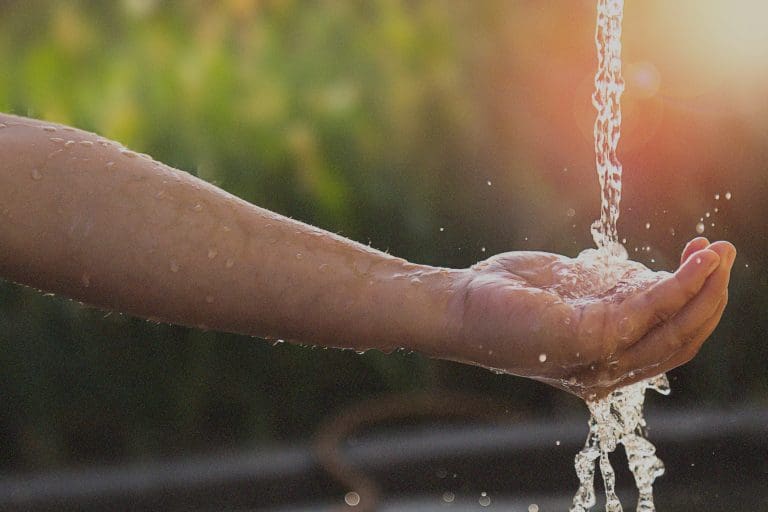In remote and industrial worksites across Australia, maintaining hydration isn’t just a health requirement, it’s a matter of safety and wellbeing and compliance. High temperatures, physical exertion, and limited access to clean drinking water can quickly lead to dehydration, affecting not only worker comfort but also their ability to stay safe on the job.
Studies have shown that even 1% loss in body fluid can reduce physical and cognitive function by up to 12%, and 3-4% dehydration can cause a 25-50% decline in performance (Logic Health). For remote operations across Australia, dehydration is one of the most significant, yet preventable, risks faced by workers.
The Human Impact of Dehydration
The effects of water malnourishment extend beyond fatigue or discomfort. Workers who aren’t adequately hydrated are more prone to headaches, dizziness, and slow decision-making, all of which can increase the risk of incidents or injury.
A 2024 University of Western Australia study, researchers found that mine workers continued to experience dehydration despite adapting to extreme heat, confirming that water access must remain a consistent health focus, not just a seasonal concern (UWA, 2024).
These findings highlight that having access to clean chilled drinking water is a fundamental aspect of worker care and workplace safety, not simply a performance issue.
The Challenge for Remote and Off-Grid Sites
Ensuring consistent access to safe drinking water in remote areas presents unique logistical and compliance challenges, many operations rely on transported water, bottled supplies, or temporary storage , which can lead to:
- Heavy reliance on transport and deliveries to maintain water availability
- Operational downtime when resupply is delayed
- Difficulty meeting sustainability targets due to packaging and transport emissions
Safe Work Australia requires employers to provide “readily accessible, clean, cool drinking water” at all times. Meeting this requirement efficiently and sustainably remains a top priority for modern operations.
Off-Grid Hydration Systems: Reliable Access to Clean Water
SERO Global’s HYDRASITE™ product range was designed to ensure that every worker has a safe, dependable access to fresh drinking water, no matter the location.
These solar-powered, off-grid solutions were developed specifically for remote and industrial sites where dependable infrastructure is limited. Each HYDRASITE™ hydration station provides:
- Off-grid reliability: 100% solar powered, ensuring access to fresh chill water in remote locations
- Plug and Play: Fully operational and site ready
- Continuous Hydration: Interchangeable 1,000 litre spring-water pods deliver chilled water without complex refills
- Effortless Transport: Forklift pockets allow for easy transport and repositioning
- Durable and Weather Resistant: Insulated enclosure protects against harsh environments
By integrating sustainability, innovation, and safety, off-grid hydration stations help organisations support their teams wellbeing while reducing logistical challenges.
“Providing access to clean water is first and foremost about protecting people. Our self-sufficient HYDRASITE™ units are built to ensure a reliable supply wherever it’s needed — because worker health and safety come before everything else.”
SERO Global Engineering Team
Safety, and Long-Term Wellbeing
Adequate access to clean chilled drinking water helps maintain focus, reduces fatigue, and supports faster recovery from physical exertion. In demanding conditions, access to clean drinking directly impacts not only safety outcomes but also long-term health and job satisfaction.
For industries such as mining, energy, and construction, where teams operate in remote and high-temperature environments, reliable hydration infrastructure is a vital part of responsible operations, helping employers meet their duty of care while creating a healthier workforce.
Conclusion
Hydration is not a secondary consideration – it’s a cornerstone of workplace safety, health, and care. In challenging environments where temperature, isolation, and logistics create constant risks, off-grid hydration stations like HYDRASITE™ offer a smarter, more sustainable way to protect people and support safe, efficient operations.
As industries continue to expand into remote regions, one thing remains clear: ensuring access to clean drinking water isn’t just good practise, it’s the foundation of a safer, healthier workforce.

